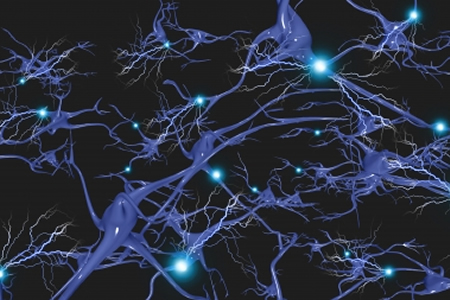A Parkinson’s disease treatment that involves replacing dead cells in the brain with healthy cells has potential to reduce the progression of the disease, although while the treatment should be effective, the implanted cells have a poor survival rate.
Researchers at NUI Galway in Ireland have developed a new technique for implanting healthy brain cells that can greatly improve the survival rate of the cells, which can potentially improve the success rate of this Parkinson’s disease treatment.
Parkinson’s disease involves the loss of nerve cells in the substantia nigra leading to a progressive reduction in the ability to control movement. The causes of the disease are unknown, although genetic and environmental factors are believed to be involved.
Physiotherapy and drugs can help some patients, although surgery – deep brain stimulation – can be used for patients that do not respond to other therapies. However, deep brain stimulation is not always effective. The introduction of healthy primary dopaminergic neurons to repair damaged areas of the brain has shown promise in experiments on mice, although the survival rate of the cells has limited the roll out of the treatment to humans. Less than 20% of transplanted cells survive the transplantation process.
The researchers at NUI Galway have discovered a new method of introducing the cells that can dramatically improve survival rates. If the cells are implanted within a supportive collagen matrix, the survival rate of the cells can be significantly improved. The matrix provides a supportive and nurturing environment for the cells, which helps them to survive the transplant process.
The study – Encapsulation of primary dopaminergic neurons in a GDNF-loaded collagen hydrogel increases their survival, re-innervation and function after intra-striatal transplantation – has recently been published in Nature Scientific Reports, with the researchers due to present their findings at the Network for European CNS Transplantation and Restoration (NECTAR) conference in Dublin taking place on December 6-8.
